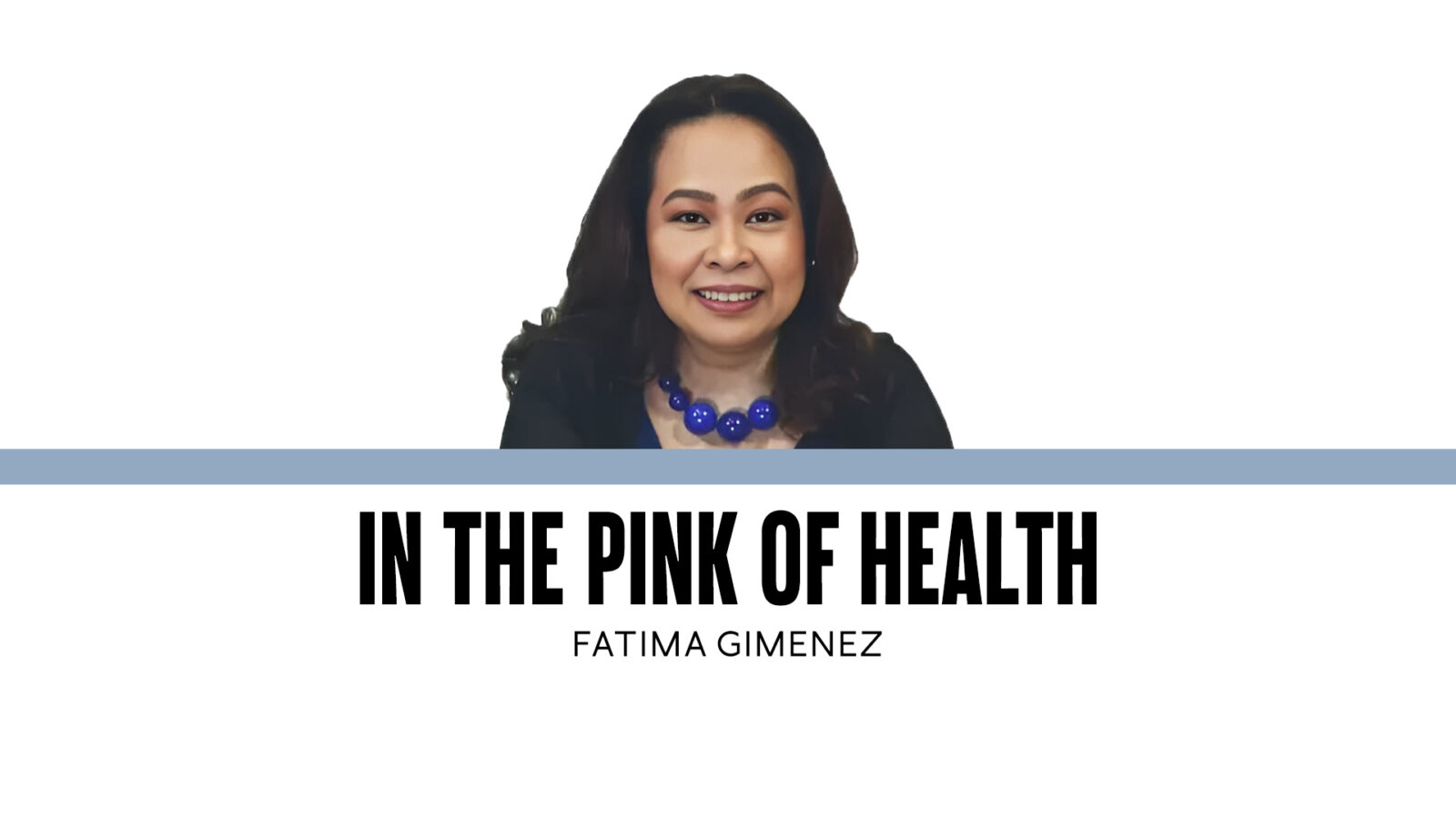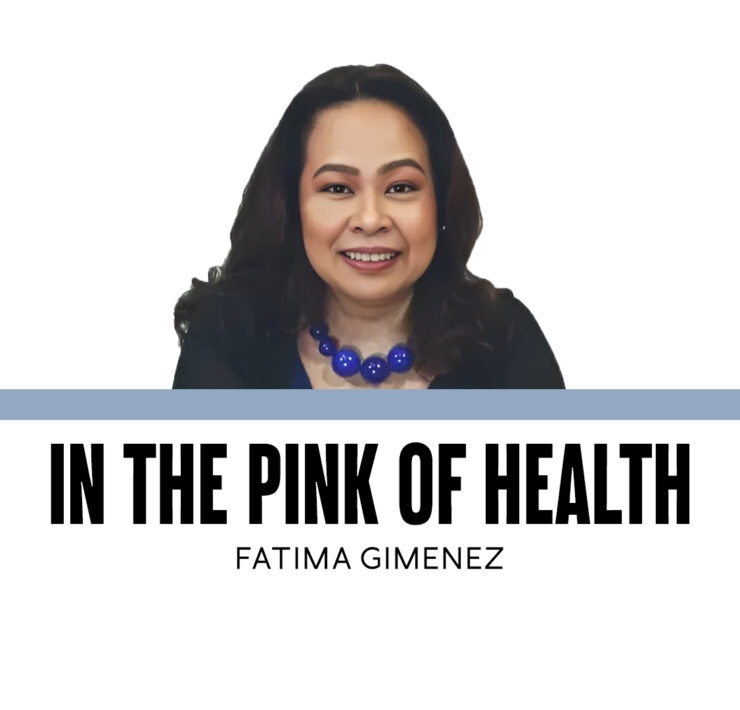Teenage pregnancy

How do we address the problem of adolescent pregnancy? Isn’t it a national emergency?
These were questions some friends posted after coming across a CNN report. I agreed that it was urgent and proceeded to remind them of the pending bill on the prevention of adolescent pregnancy through Comprehensive Sexuality Education (CSE). While the subject has incited numerous debates and conflicts across multiple sectors to uncomfortable levels—similar to how topics like politics and religion can divide—let us all attempt to resurface from near-drowning levels in stories on corruption and view things in a more positive light.
First, it shows that we still have selfless legislators who sincerely want to make a difference and know what needs to be prioritized. Second, we have individuals who care enough to work toward providing a sound framework grounded on factual, ethical principles, respectful of religion, culture, and gender. After all, aren’t we one in our goal to protect the very young and the most vulnerable, who will be left to steer the country into a better position?
Seeking a clearer picture of the situation from my adolescent colleagues, I engaged them in a conversation. What followed was an interesting discussion that spiraled into a host of concerns indicative of the enormity of the problem.
“There are just too many, and it’s a vicious cycle. It seems to be generational. Most teenage mothers are the offspring of women who had gotten pregnant at a very young age.”
“It has become a social determinant.”
“There is really a need to educate, but where do we start? Parents themselves lack the needed knowledge about comprehensive sexual education, so how do you expect them to teach about something that they themselves are unable to fully comprehend? Sex is still considered taboo in our culture, and young people turn to the jungle of social media or their peers for information. This is obviously one of the most dangerous routes to take, but what is actually happening. In addition, while children may spend a lot of time in school, teachers should not be left with the sole and enormous responsibility of educating children on the subject of sexuality. Parents should play a major role.”
Data from the Philippine Statistics Authority, as reported on the Philippine News Agency website, have shown that while pregnancies have declined in the 15- to 19-year-old age bracket from 178,000 cases in 2019 to 138,000 in 2023, there has been an alarming increase in pregnancies among 10- to 14-year-olds. In 2019, there were 2,000 cases, but in 2023, it rose to over 3,300 cases.
How do you remember yourself as a 10- or a 14-year-old? Granted that some may have led sheltered lives, what about the majority who are not as fortunate?
In our own pediatric society, extensive, embracing, and respectful discussions left everyone to reflect and collectively come up with a final position paper after the revision of the bill was provided. I have provided verbatim the meat of the paper.
The Philippine Pediatric Society (PPS) reiterates its position to ”Filipinize” the inspiration and implementation of this important law, including CSE, uniting all of us to take responsibility for curbing adolescent pregnancy and its undesirable complications.
The PPS continues to push for the preservation of the pivotal role of parents in sexuality education by empowering them with tools that will make conversations on sexuality with their children factual, liberal, and nonjudgmental, yet conducted with decency and respect. The need to include multisectoral experts from the academe, clergy, civil society, parents’ groups, physician organizations, and the legal profession must be institutionalized to verify and validate aspects of its eventual operationalization.
The PPS upholds the right of children to comprehensive sexuality education customized to our ways of thinking and living. This can empower them to make enlightened and responsible decisions, nurture healthy relationships, repel abuse, and resist coercion.
The PPS strongly supports all efforts to establish and strengthen structures and services that will assist adolescent mothers and their offspring through a guided rollout of CSE.
The PPS vows to actively participate in all discussions leading to the creation of the bill’s implementing rules and regulations, including the proposed ”intersectoral council” that will oversee the implementation of this future law.
The PPS pledges to capacitate its members, allied health providers, and the community in addressing end-to-end issues involving adolescent sexuality and reproductive health.
The PPS offers its collegial expertise in crafting an age-appropriate, science-based, values-driven, and culturally relevant framework encompassing the physical, emotional, and psychosocial health of children and adolescents.
The PPS remains open to dialogue and proactive exchange of opinion regarding this important matter but will remain vigilant in its future operationalization, fiercely rejecting any attempt to openly or subtly reintroduce the objectionable inclusions in the original bill.
The PPS supports all efforts to protect, preserve, and promote the dignity of every female adolescent and her hope for a meaningful and productive life ahead.
All for the Filipino child.
Let us all join hands and FIGHT!


















